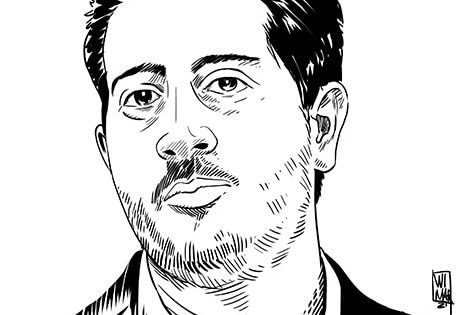As Cuba implements economic reforms and prepares to introduce high-speed Internet, freedom of expression continues to be met with a policy of repression that stifles the free flow of information, according to CPJ's report.
(CPJ/IFEX) – New York, July 6, 2011 – As Cuba implements economic reforms and prepares to introduce high-speed Internet, freedom of expression continues to be met with a policy of repression that stifles the free flow of information, according to a new report by the Committee to Protect Journalists.
“While economic reforms allow Cubans new opportunities, they are not free to gather, receive, and share information. Persecution of journalists and bloggers continues, supported by a repressive legal structure that hinders the flow of news,” said Carlos Lauría, CPJ senior program coordinator for the Americas. “Cuba’s new fiber-optic cable is, sadly, no guarantee of broad Internet access. The government should remove all legal barriers to individual access and allow bloggers to host their sites on Cuban domains.”
Shifting from the use of long-term imprisonments, the Cuban government’s persecution of critical journalists is now marked by arbitrary arrests, short-term detentions, beatings, smear campaigns, surveillance, and social sanctions, according to CPJ’s investigation. Restrictions and reprisals endure despite the recent release of the last journalists imprisoned during the 2003 Black Spring crackdown. Most of the freed journalists were forced to leave their homeland; three who refused to go into exile were released on a form of parole that leaves them vulnerable to re-arrest.
Overall Internet penetration on the island is said to be only about 14 percent, and private connections are highly restricted. For independent journalists, the alternatives are black market Internet passwords, costly access at hotels, or the free but politically tinged access provided by foreign embassies. Nonetheless, the battle for free expression has moved online where Cuba’s vibrant alternative blogosphere struggles to defy restrictions and provide platforms for reflection, analysis, and reporting.
“After the Black Spring, Cuba’s New Repression,” examines government activities in March and April 2011, a time when sensitive political milestones on the island coincided with 50 instances in which journalists were targeted with repression. During this period, more than a dozen journalists were subjected to house arrest, preventing them from reporting on the Communist Party Congress in April and the anniversary in March of the Black Spring crackdown. The report includes recommendations to the Cuban government, the European Union, the United Nations, the Organization of American States, the U.S. government, and the technology and blogging community.


